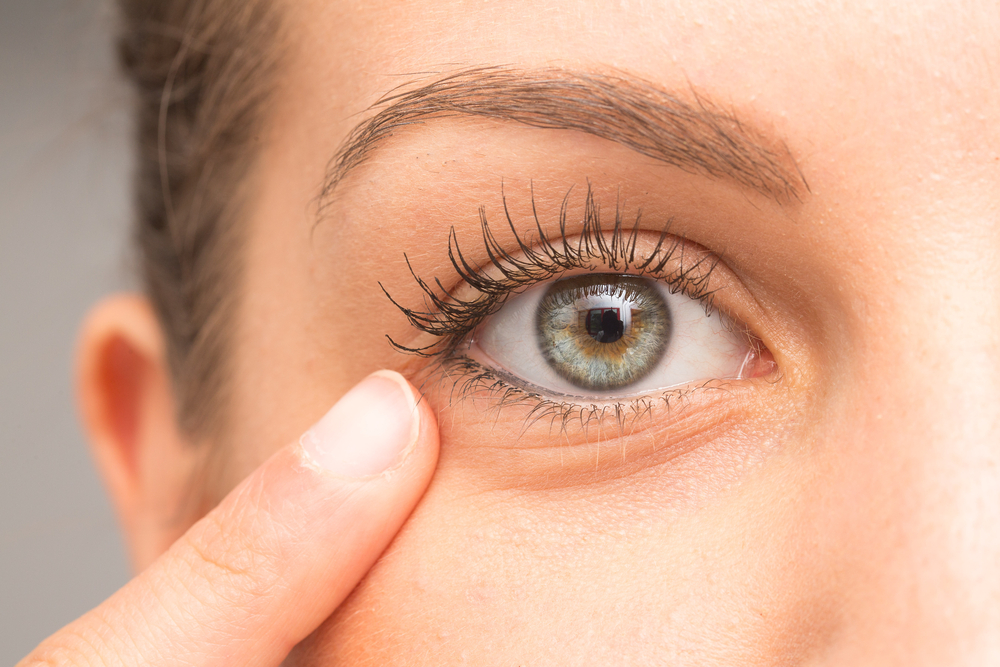
Understanding the function of your meibomian glands is vital, as their malfunction can lead to several eye-related conditions, discomfort, and even vision impairment. These glands produce a type of oil called meibum, which forms the outermost layer of the tear film. This oil layer is essential as it prevents the water component of your tears from evaporating, thereby ensuring that your eyes remain lubricated.
Understanding Meibomian Gland Dysfunction
Meibomian gland dysfunction, often abbreviated as MGD, is a common condition where the meibomian glands do not secrete enough oil or when the oil they produce is of poor quality. This disruption in the oil flow from these glands can cause the tears to evaporate too quickly, leading to dry eyes, a very common and often chronic problem.
MGD is often associated with inflammation of the eyelids, a condition known as blepharitis. MGD often goes unnoticed and undiagnosed because it doesn't always present itself with noticeable symptoms. However, if left untreated, it can lead to severe discomfort and even vision problems. The cause of MGD can be multifaceted, ranging from age, hormonal changes, to even certain types of medication.
Common Eye Conditions Linked to Meibomian Gland Dysfunction
Dry eyes are the most common condition associated with MGD. You have dry eyes when your tears can’t provide adequate lubrication for your eyes, causing discomfort, and even blurred vision.
Another condition associated with MGD is posterior blepharitis, which occurs when the meibomian glands in your eyelids get inflamed, leading to red and itchy eyes.
Symptoms of Meibomian Gland Dysfunction
The symptoms of MGD can vary from one individual to another. For some, it may present as minor discomfort, while for others, it can cause significant vision problems. Some common symptoms include dry eyes, burning sensation, feeling of something in the eye, sensitivity to light, and blurred vision.
One of the most common symptoms of MGD is a sensation of dryness in the eyes. This is because the tear film on the surface of your eyes evaporates too quickly without the oil layer produced by the meibomian glands. Another symptom is a gritty or sandy feeling in the eyes, often described as if something is in the eye that shouldn't be.
In some cases, individuals with MGD may experience a burning sensation in their eyes, often accompanied by redness. Sensitivity to light is another symptom of MGD. On top of that, some people may experience blurry vision, often fluctuating throughout the day. If you notice one or more of these symptoms, it's essential to consult with an eye care professional for diagnosis and treatment.
Diagnosis and Treatment of Meibomian Gland Dysfunction
A diagnosis of MGD is typically made through a series of tests, including a detailed examination of the eyelids and the surface of the eye, the quality and quantity of tears, and the number of functional meibomian glands.
Once diagnosed, the treatment of MGD focuses on managing the symptoms, improving the quality and quantity of the meibum, and addressing any underlying conditions. Treatment options may include warm compresses, lid scrubs, dietary modifications, medications, or advanced treatments such as LipiFlow and IPL (Intense Pulse Light).
Conclusion
Awareness and early detection of MGD are key to managing its effects and maintaining your eye health. If you're experiencing any symptoms associated with MGD, it's crucial to consult with an eye care professional. With treatments like LipiFlow and IPL available, MGD can be effectively managed, providing relief from symptoms and improving your overall eye health.
For more more information on meibomian glands in eye health, visit Dry Eye Center of Alabama and Family Eye Care at our office in Homewood, Alabama. Call (205) 490-2322 to schedule an appointment today.










